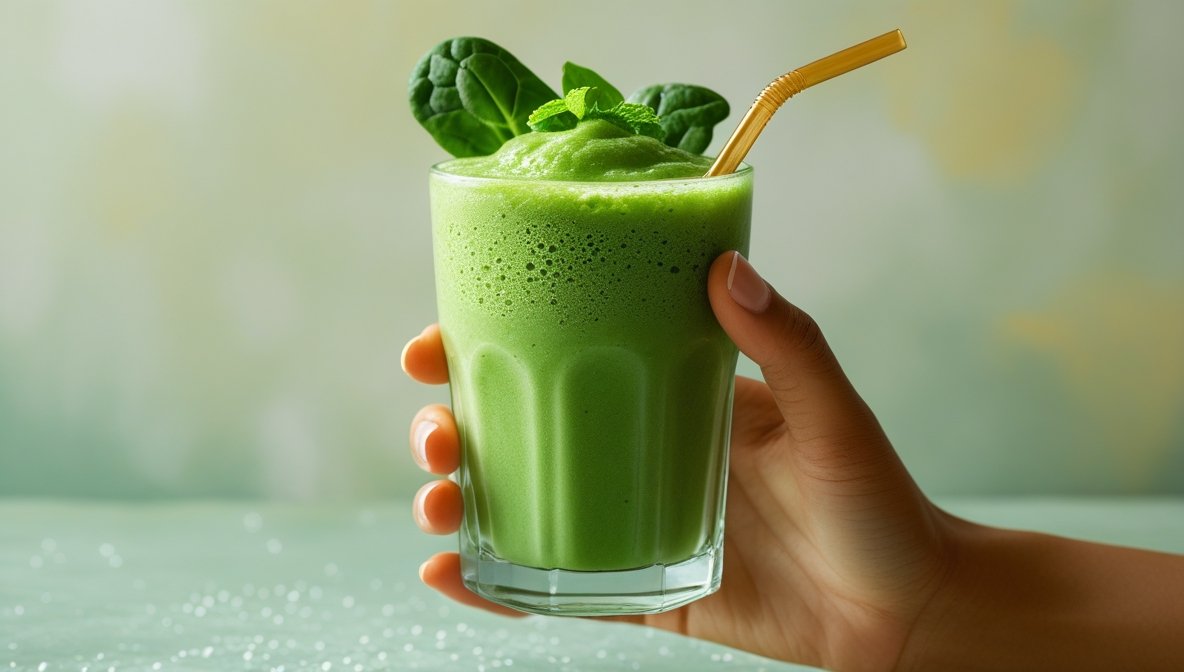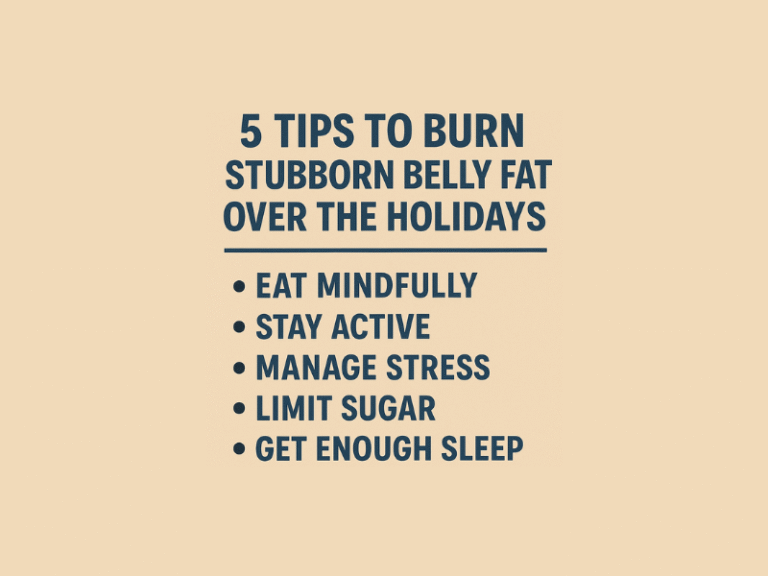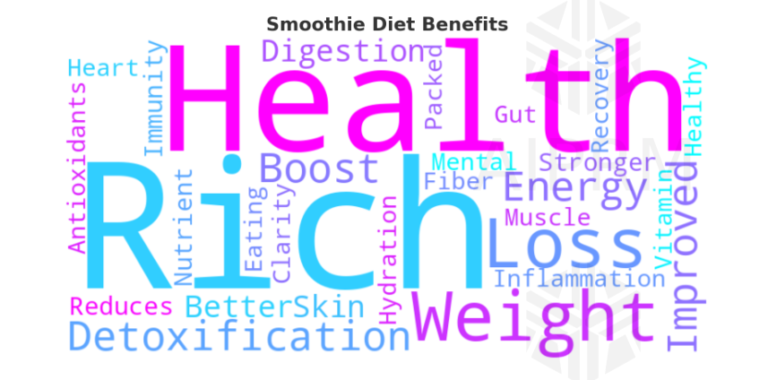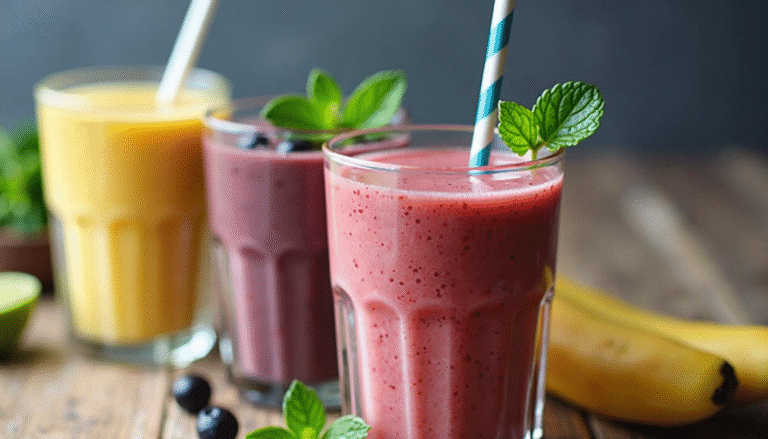
Gonclusion: Is the Smoothie Diet Worth It?
The smoothie diet offers quick nutrition, weight loss support, and convenience, but it’s not a magic solution. For best results, use it as a short-term reset or incorporate smoothies as part of a balanced diet.

What Is a Smoothie Diet?
A smoothie diet involves replacing one or more meals per day with nutrient-packed smoothies. These drinks are typically made from fruits, vegetables, protein powders, healthy fats, and superfoods, offering a quick and easy way to consume essential vitamins and minerals.
Types of Smoothie Diets
- Meal Replacement Smoothies – Substituting breakfast or lunch with a smoothie.
- Detox Smoothie Cleanses – Short-term plans (3-7 days) for flushing toxins.
- Long-Term Smoothie Diets – Incorporating smoothies daily for sustainable weight loss.
Pros of the Smoothie Diet
1. Weight Loss & Portion Control
Smoothies can help reduce calorie intake while keeping you full, thanks to fiber and protein. Studies show that liquid meals can aid in weight management when balanced properly.
2. Increased Nutrient Intake
Many people struggle to eat enough fruits and veggies. Smoothies make it easy to pack in vitamins, antioxidants, and minerals in one drink.
3. Convenience & Time-Saving
For busy individuals, smoothies are a quick meal solution—just blend and go!
4. Better Digestion & Gut Health
The fiber in smoothies supports digestion and promotes a healthy gut microbiome.
5. Hydration Boost
Since smoothies contain liquids (water, milk, yogurt), they help keep you hydrated throughout the day.
Cons of the Smoothie Diet
1. Potential Sugar Overload
Fruit-heavy smoothies can spike blood sugar levels. To avoid this, balance fruits with veggies, protein, and healthy fats.
2. Lack of Chewing & Satiety Issues
Drinking meals may not trigger the same fullness signals as solid food, leading to hunger sooner.
3. Risk of Nutrient Deficiencies
Relying only on smoothies can lead to missing key nutrients like iron, zinc, or healthy fats found in whole foods.
4. Not Sustainable Long-Term
Some people find it hard to stick to a liquid-based diet for extended periods.
5. Digestive Sensitivity
High-fiber smoothies may cause bloating or discomfort for some individuals.
How to Make a Healthy Smoothie Diet Work
To maximize benefits and minimize drawbacks:
✔ Balance macros (carbs, protein, fats)
✔ Use low-sugar fruits (berries, avocado)
✔ Add greens (spinach, kale)
✔ Include protein (Greek yogurt, nut butter, protein powder)
✔ Avoid processed ingredients (sugary syrups, artificial sweeteners)






